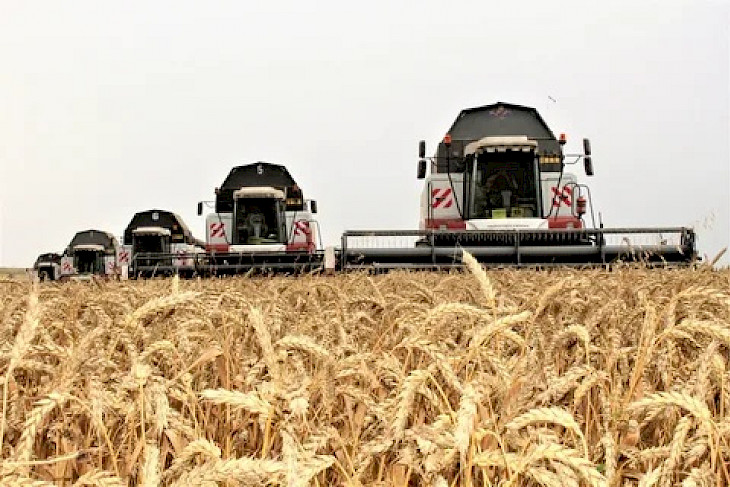The government of Kazakhstan has decided to extend the ban on the import of wheat and breeding livestock until the end of 2024. This decision was made at a meeting of the interdepartmental commission on foreign trade policy and participation in international economic organizations, the press service of the Government of Kazakhstan reports.
Initially introduced on April 12, 2024, the ban was supposed to be in effect for six months. However, considering the ongoing risks of illegal wheat imports from Russia's border regions and its subsequent re-export, as well as forecasts for a higher grain harvest in Kazakhstan compared to last year, the authorities decided to extend the restrictions.
Additionally, the government of Kazakhstan has extended the ban on the export of breeding livestock for another six months. This measure is associated with the implementation of a large-scale project for the construction of dairy farms and the development of livestock farming following the Australian model.
The country's Ministry of Agriculture explained that illegal wheat imports led to a more than twofold decrease in its price on the Kazakh market. The volumes of so-called "gray" imports reached 1.5-2 million tons per year, with the total damage to the state annually estimated at $500 million.
In 2023, Kazakh farmers harvested 16.6 million tons of grain, including 12.11 million tons of wheat.
In June 2024, the US Department of Agriculture expected Kazakhstan's wheat harvest in 2023-2024 to be at the level of 12.1 million tons, forecasting wheat exports at the level of 9 million tons and imports at 2.5 million tons.
As for other Central Asian countries, the situation with wheat imports varies:
- Uzbekistan has not imposed a complete ban on wheat imports but applies quotas and licensing to protect the domestic market.
- Kyrgyzstan, as a member of the EAEU, does not restrict wheat imports from union countries but applies tariff quotas on wheat imports from third countries.
- Tajikistan has not imposed a ban on wheat imports but actively supports its own grain production.
- Turkmenistan, being a closed economy, strictly controls wheat imports but has not officially imposed a ban.
Thus, Kazakhstan has implemented the most stringent policy regarding wheat imports among the Central Asian countries, aiming to protect the domestic market and stimulate its own production.
CentralasianLIGHT.org
July 29, 2024

